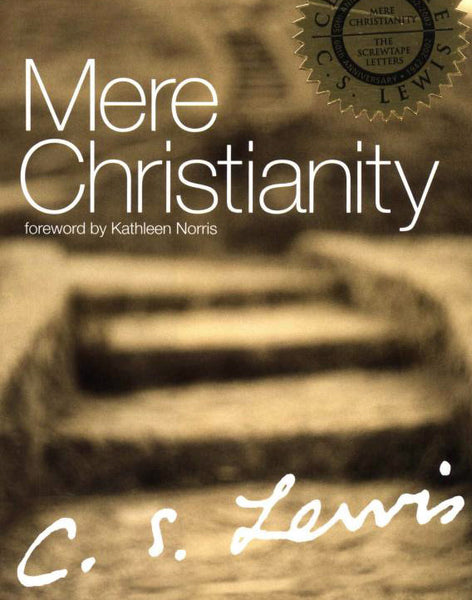
Putting an "Irenaean Adam" in place of the "Augustinian" counterpart may not remove conflict with science completely, but at least reduces it, and leads to a Christian narrative that is more plausible, in the light of science.

In this book, the author takes us to the place in our Christian growth where we begin to rely more heavily on the power of God and less on ourselves to become the being that God originally intended for us to be a son of God. In this approach the existence of evils is part of the divine plan to "defeat" them in and through the Incarnation, Atonement, and Resurrection of Christ. We have now come to the fourth and final book of Mere Christianity. He proposes that Christians consider adopting a Supralapsarian metaphysics of divine purpose supported by the intuitions of Irenaeus, who depicted the first human beings as comparable to innocent, but morally undeveloped children. The author contends that this Augustinian story and its character of Adam as endowed with superhuman gifts, and yet as so fragile as to fall, as claimed, is implausible, at any rate, even apart from science. This science seems to discredit Christianity's common meta-narrative of the Fall, understood as a story of Paradise Lost. It has also strongly suggests the first modern humans were morally primitive. In spite of the tremendous influence his writings have. Evolutionary science narrates a long prehuman geological and biological history filled with vast amounts, kinds, and distributions of apparently random brutal and pointless suffering. 2003), General Editor Scott Larsen puts Mere Christianity as the top book and.

Lewis dismisses the idea that moral laws do not differ greatly from. The essay is framed by conflict between Christianity and Darwinian science over the history of the world and the nature of human personhood. Mere Christianity Book Study Introduction C.S.


 0 kommentar(er)
0 kommentar(er)
